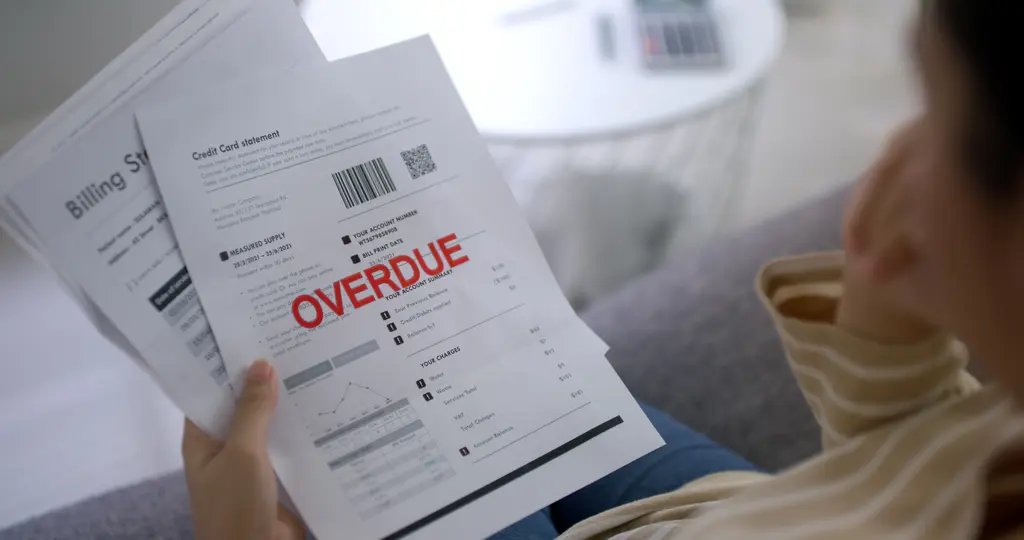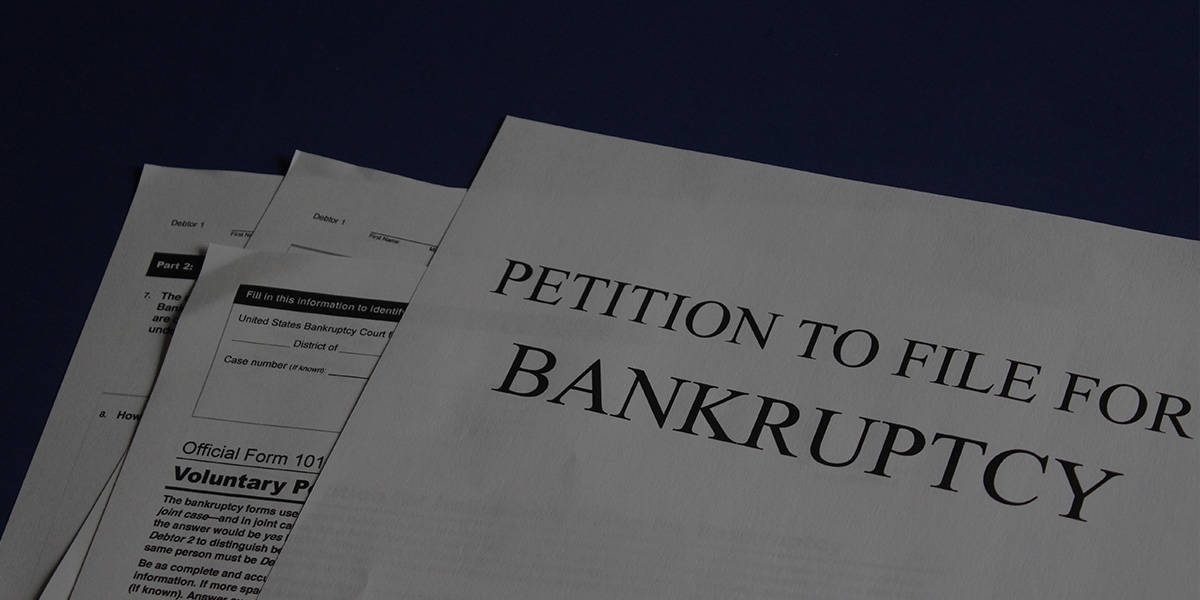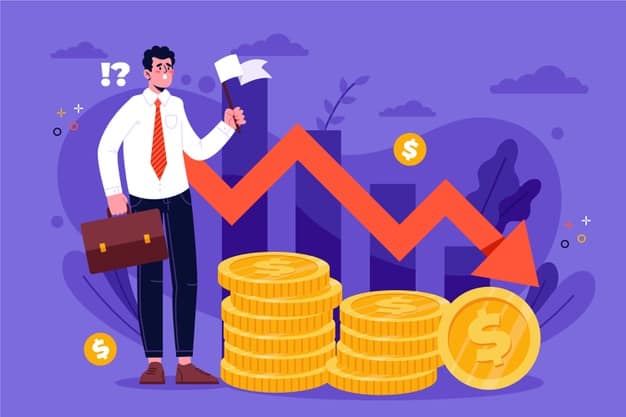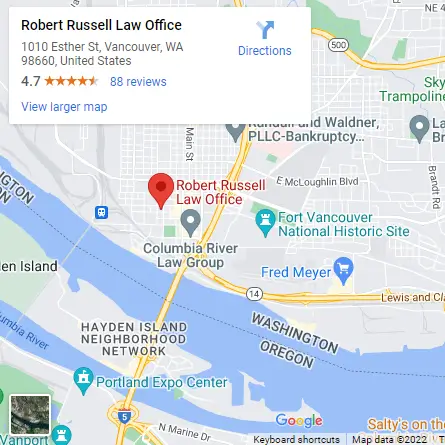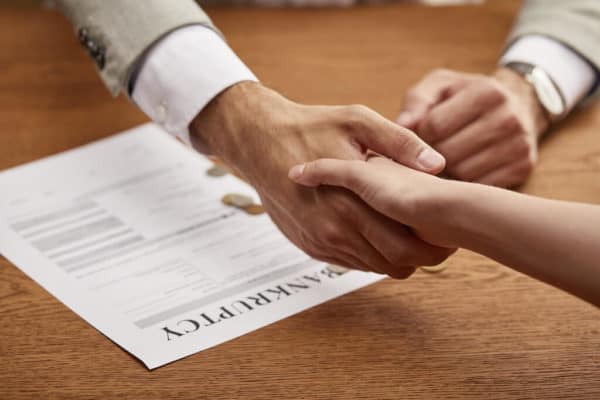
Chapter 13 bankruptcy or also called the “reorganization bankruptcy”, allows you to keep your secured assets if you complete a court-approved repayment plan that lasts between three and five years. This type of bankruptcy allows you to catch up on missed car loan payments or mortgage and reorganize your debts following the terms of the debt repayment plan. When you complete your Chapter 13 repayment plan, you’ll receive a discharge order that will wipe out the remaining balance of your qualifying debts. A credible Vancouver bankruptcy attorney can help you understand the process of debt discharge.
This article will give you an overview of the dischargeable debts in Chapter 13 bankruptcy by answering the following questions:
- What Is a Chapter 13 Debt Discharge?
- When Do You Receive a Chapter 13 Discharge?
- Which Debts are Qualified for Discharge in Chapter 13?
- What are the Debts Dischargeable Only in Chapter 13 Bankruptcy?
What Is a Chapter 13 Debt Discharge?
A Chapter 13 discharge is the final order given by the bankruptcy court eliminating your obligation to pay off your dischargeable debts under Chapter 13 bankruptcy filing. Creditors are prohibited from collecting debts once your bankruptcy case is finalized.
When Do You Receive a Chapter 13 Discharge?
If you filed for Chapter 13 bankruptcy, you are expected to complete the payment of your debts stated in your repayment plan. Before you receive a discharge, you have to comply with the following guidelines:
- Complete a course in financial management
- Certify that you have paid all the domestic support obligations applicable to you
- Show that you have not previously received a Chapter 13 bankruptcy discharge in the past two years
You’ll receive your discharge after you complete all required plan payments. You must pay off certain obligations in full through your repayment plan regardless of your income and assets.
Which Debts are Qualified for Discharge in Chapter 13?
Not all debts can be discharged when you file for bankruptcy. A qualified Vancouver bankruptcy attorney can help you determine the types of debts that can be discharged in Chapter 13 bankruptcy. In general, debts are classified into two categories: unsecured and secured debts.
Unsecured debt
Unsecured debt is not backed by collateral. In case you default on the loan, your creditor will not be able to recover the money that you owe since they won’t be able to get hold of any of your assets as a security for the loan. It usually has a higher interest rate because the lender has limited protection against default. The unsecured debts are subdivided into two – priority and nonpriority unsecured debt.
Priority Unsecured Debts
In bankruptcy, there is a special treatment for some obligations known as “priority debts”. The most common examples of priority claims are child support, alimony, and certain tax obligations. If you file for Chapter 13 bankruptcy, priority debts must be fully paid throughout your repayment plan. If you have a substantial amount of priority debts, your payment plan must be large enough to wipe out your debts within the limit of five years under Chapter 13 bankruptcy.
Nonpriority Unsecured Debts
Nonpriority unsecured debts are types of debts that are not entitled to priority treatment. Most of the debts discharged in Chapter 13 bankruptcy are nonpriority unsecured debts which include the following:
- credit card debt
- personal loans
- medical bills
- utility bills
- older nonpriority income tax obligations
- most lawsuit judgments
Once you’ve completed your Chapter 13 repayment plan, most remaining nonpriority unsecured debt balances will get discharged. However, keep in mind that you will most likely pay a portion of these debts through your Chapter 13 repayment plan. The court will discharge the remaining balance at the end of your repayment period.
Secured debt
This type of debt is backed by collateral (house or car). In case you fail to make monthly payments on your loan, your creditor can seize the collateral, sell it, and use the proceeds to repay your debts.
Stripping or Cramming Down Secured Debts
A discharge in bankruptcy doesn’t automatically remove liens from your assets or property. For your secured loans like car loans or mortgages, your creditor has a security interest on your collateral. If you default on your loan, your lender has the right to demand car repossession or home foreclosure despite your bankruptcy discharge.
In a Chapter 13 bankruptcy, secured debts such as a home mortgage or car loan can be modified through the Chapter 13 repayment plan, either by cram-down or lien stripping. These bankruptcy tools are useful to debtors who owe more than the property is worth.
There are certain conditions that you need to satisfy to be able to eliminate an unsecured junior lien from your property through stripping of lien or reduce the balance of secured debts (car loan) with a Chapter 13 cramdown.
If you strip a junior lien from your house or property, it will be categorized as a nonpriority unsecured debt. This can be removed when you’re granted a bankruptcy discharge. When you cram down a secured debt (car loan), the loan is divided into secured and unsecured portions. You must pay all the secured portion in full under the terms of your repayment plan; the unsecured part is eliminated when you complete your repayment plan and acquire a bankruptcy discharge.
What are the Debts Dischargeable Only in Chapter 13 Bankruptcy?
Filing Chapter 13 bankruptcy can wipe out certain debts that are not dischargeable in other bankruptcy chapters such as Chapter 7. Here are some of the debts that you can be wiped out only in Chapter 13 bankruptcy:
- debts from malicious and willful property damage
- debts incurred to pay non-dischargeable taxes
- debts arising from separation or divorce property settlement
- debts from post-petition homeowners’ dues
- debts incurred from a prior unsuccessful bankruptcy case
- retirement account loans
- government penalties or fines
The Role of a Bankruptcy Attorney
Filing bankruptcy Chapter 13 can be your last resort to help you pay off your debts, restructure your finances, save your property, and live a debt-free life. However, some debts don’t get discharged in bankruptcy. There are some types of debts that can be wiped out only if certain conditions are met.
For a deeper understanding of the bankruptcy discharge process, do not hesitate to schedule a consultation with our competent Vancouver bankruptcy attorneys at Robert Russell Law Office. Our experienced attorneys will explain which debts will get eliminated and which will survive your case. Contact our bankruptcy law firm in Vancouver to get legal help in determining the discharge of debts in your bankruptcy case.

